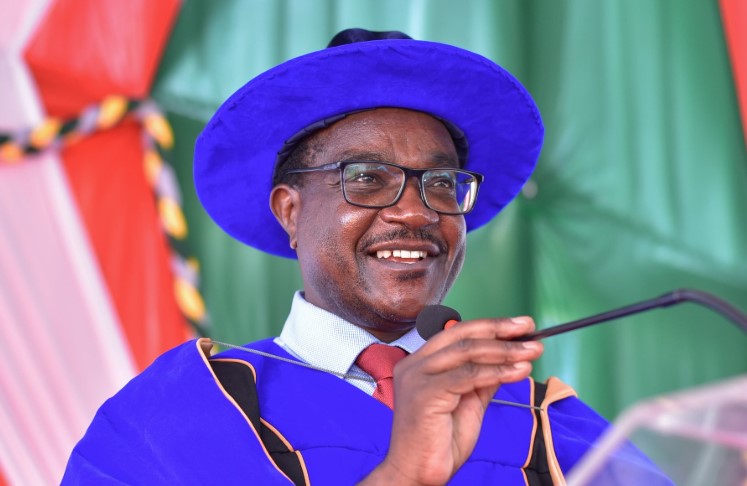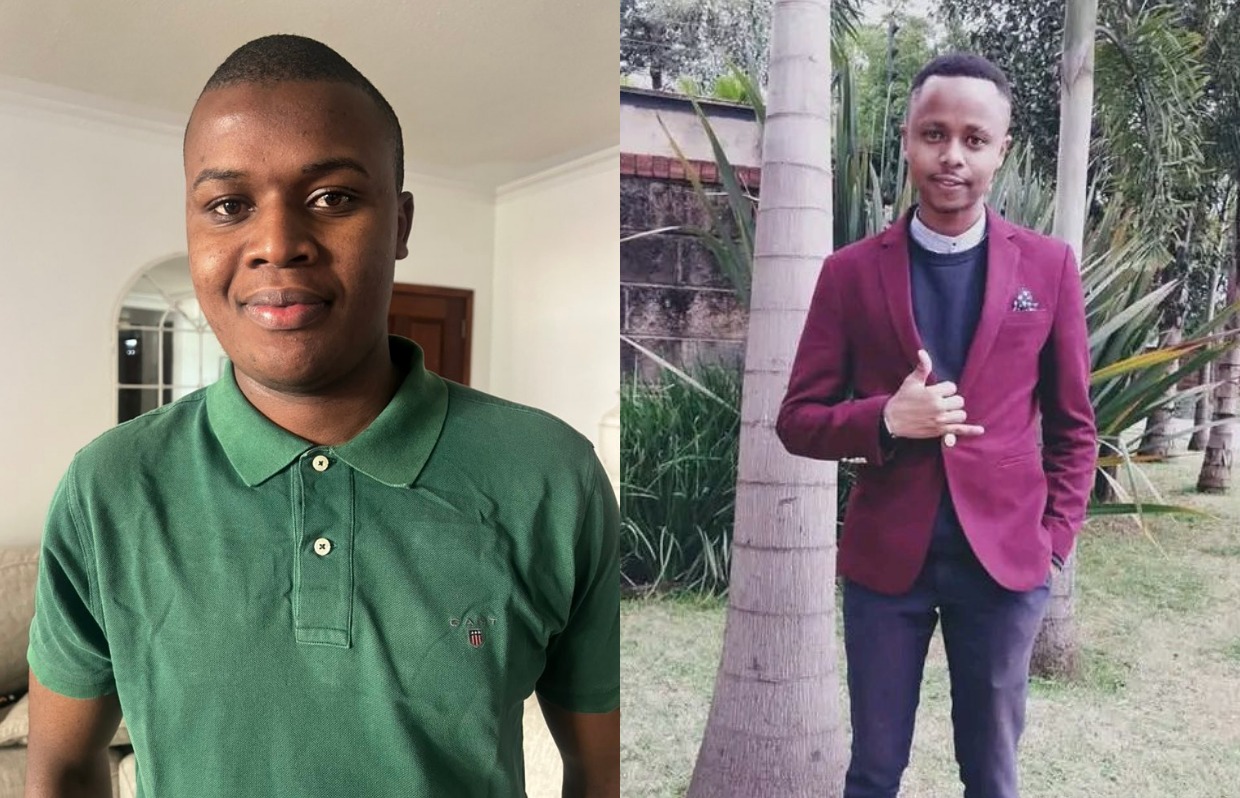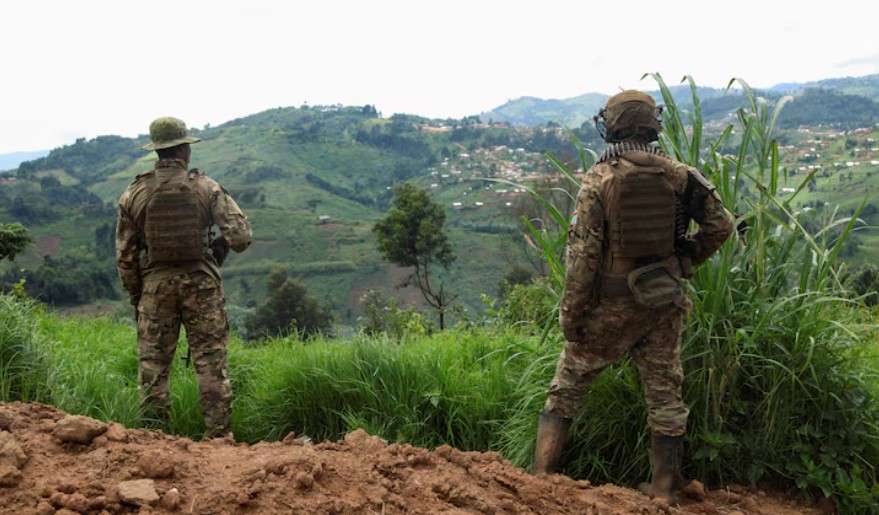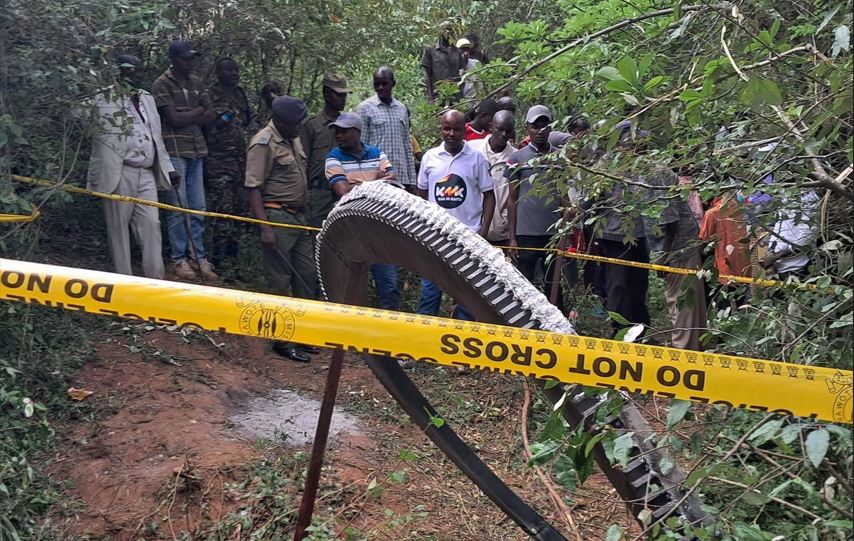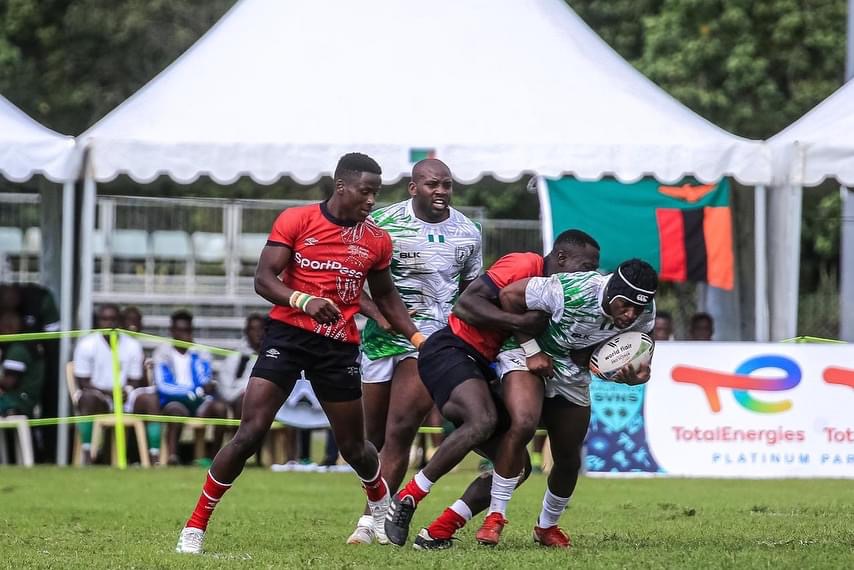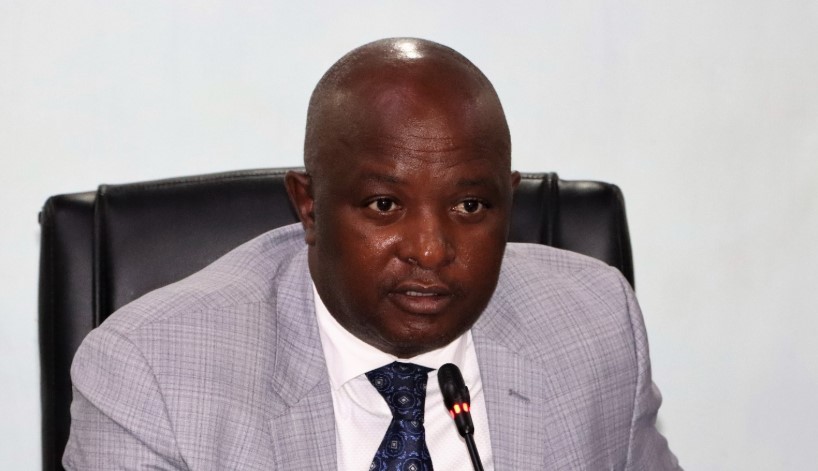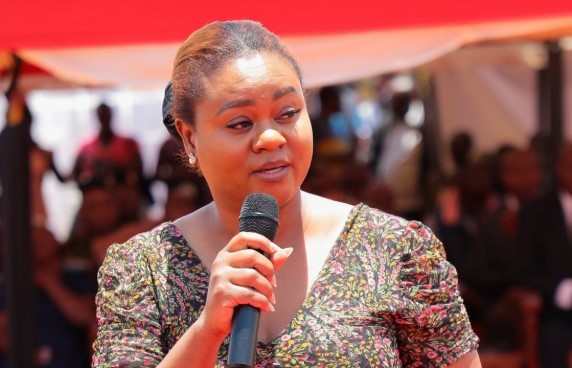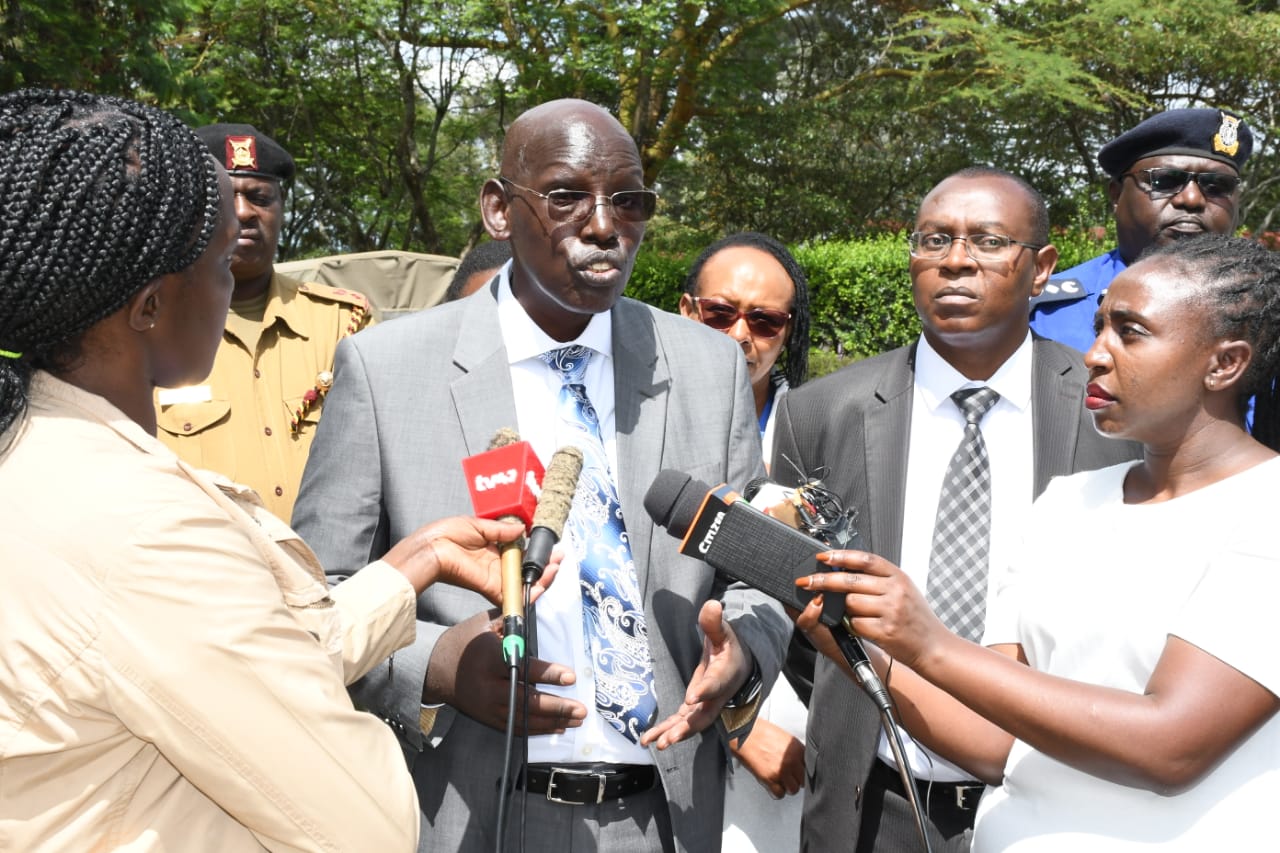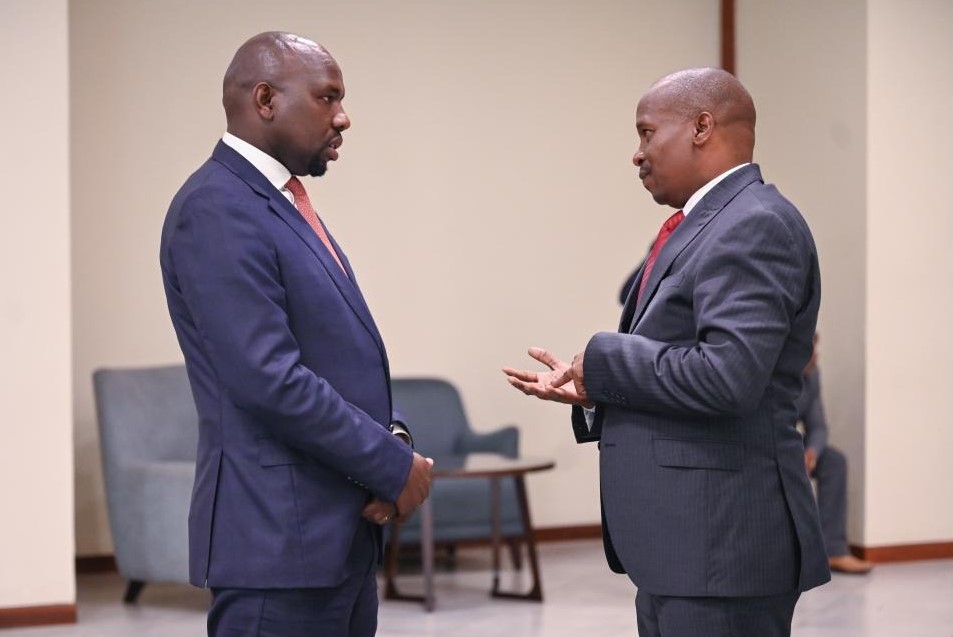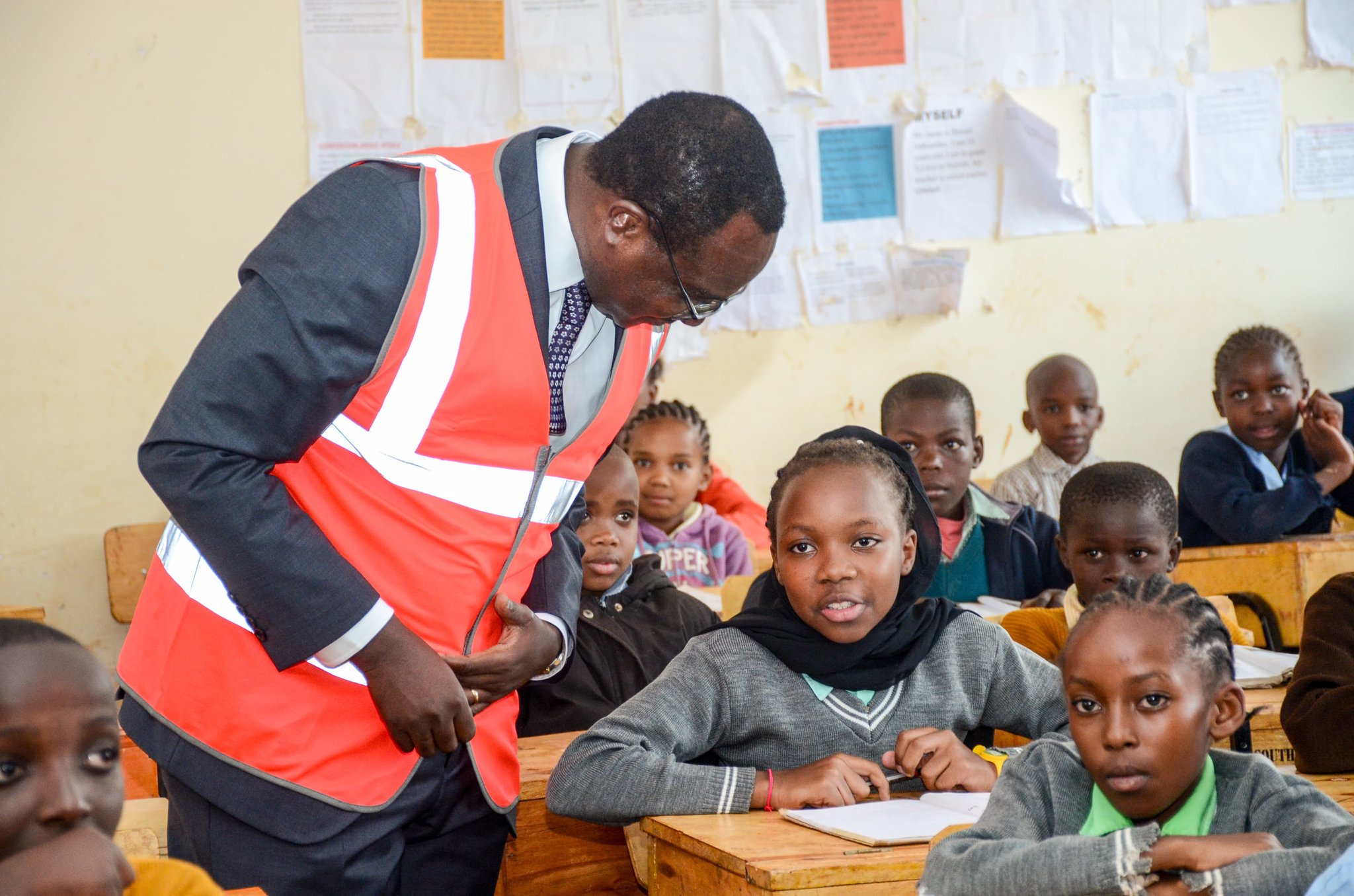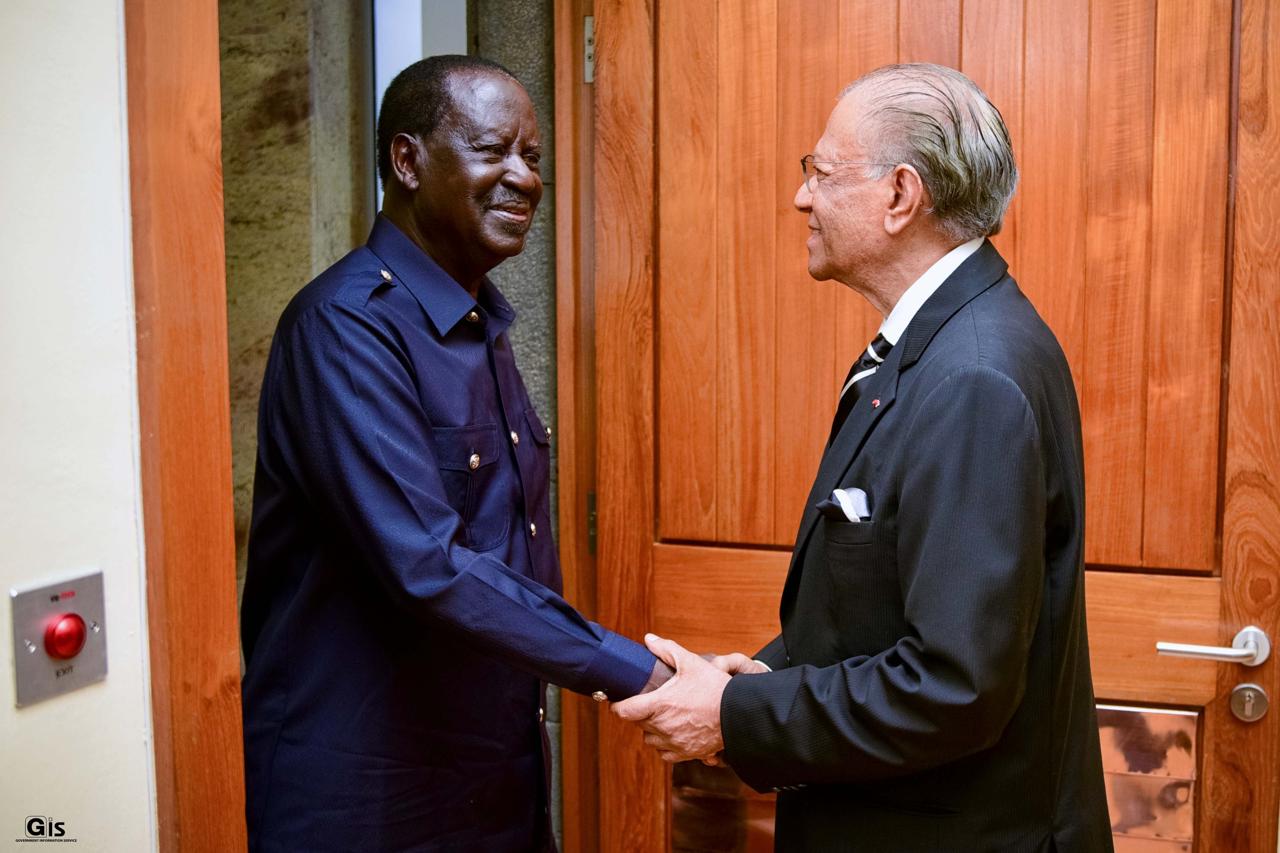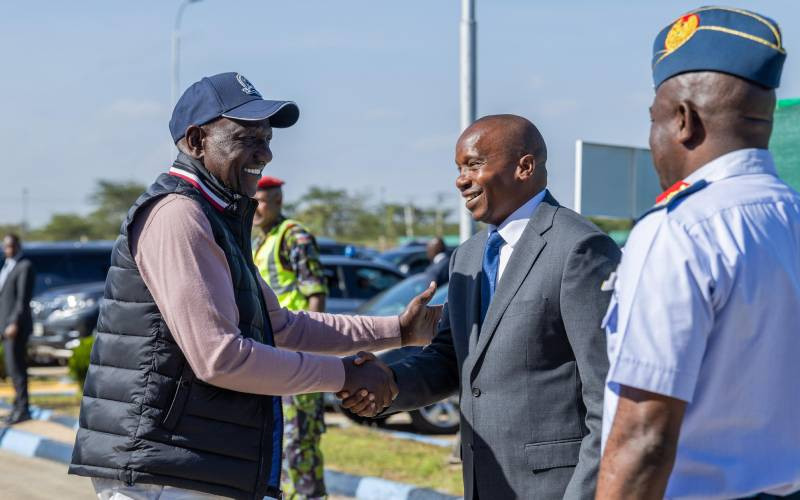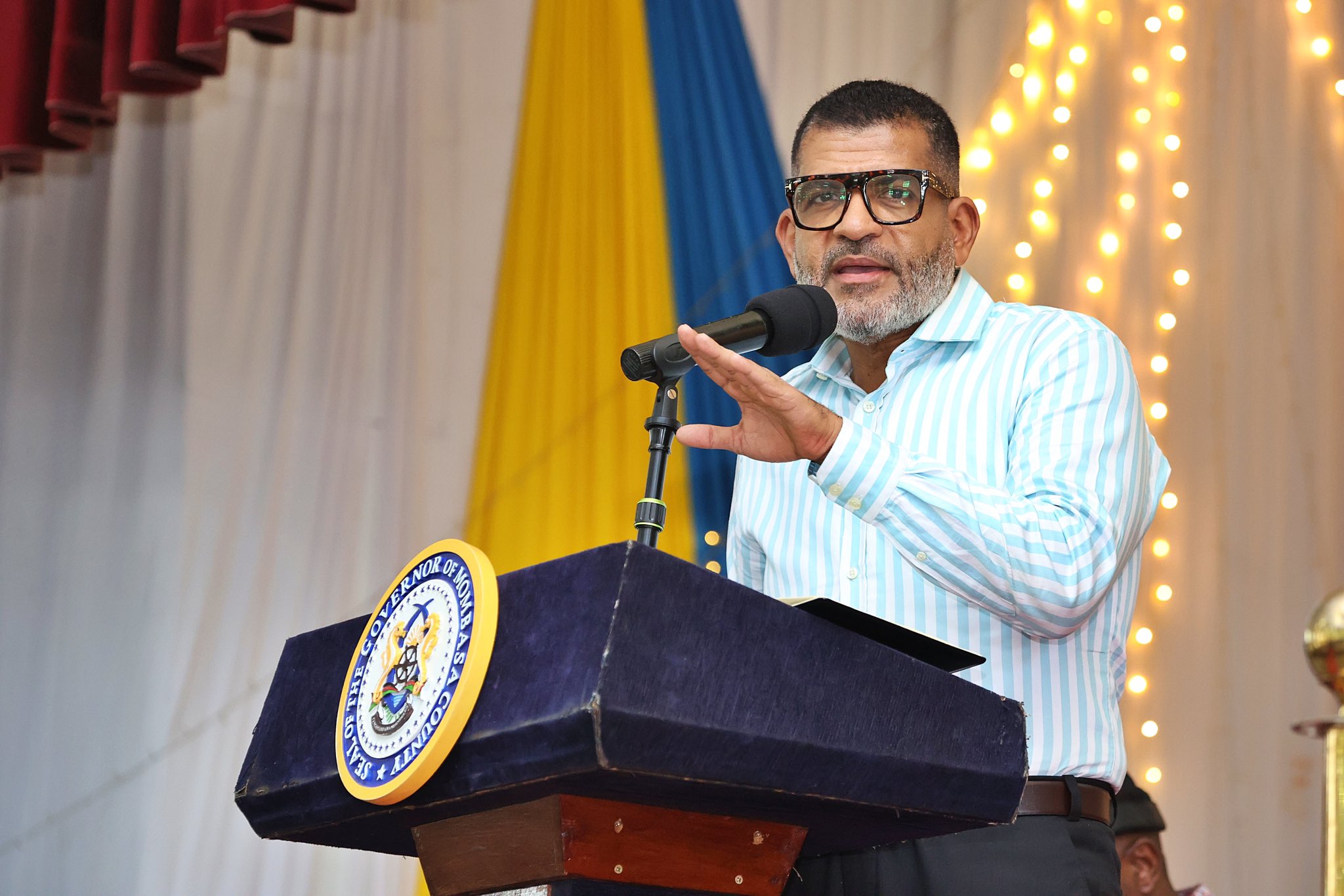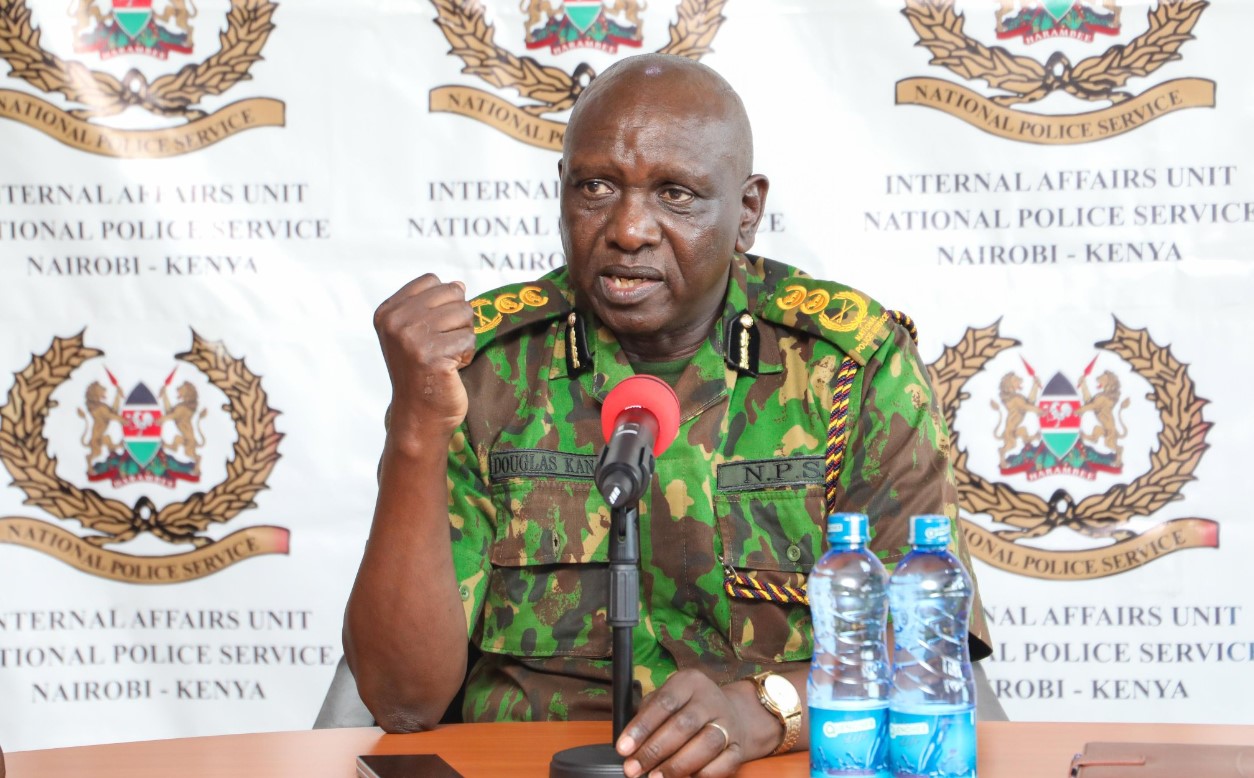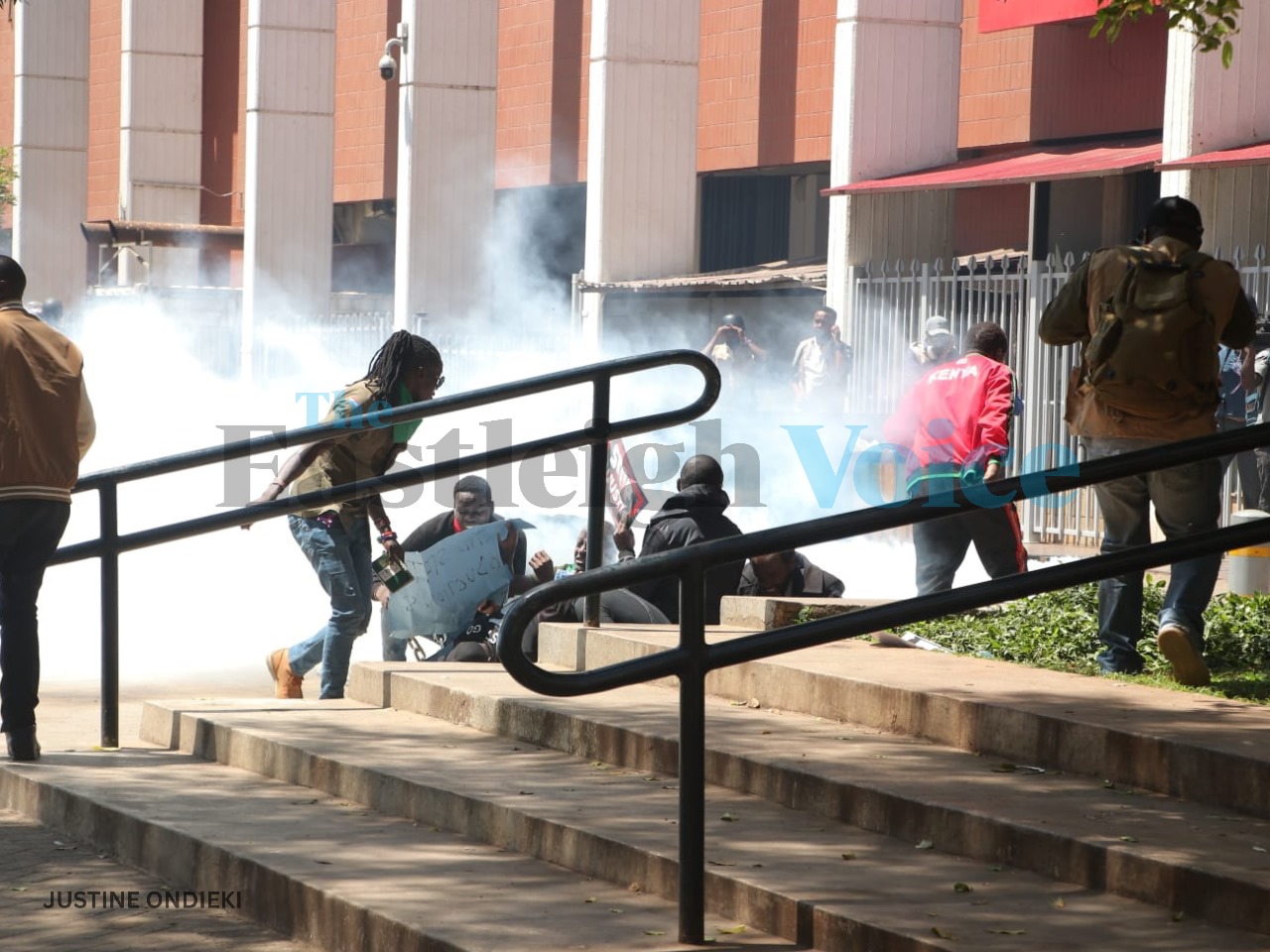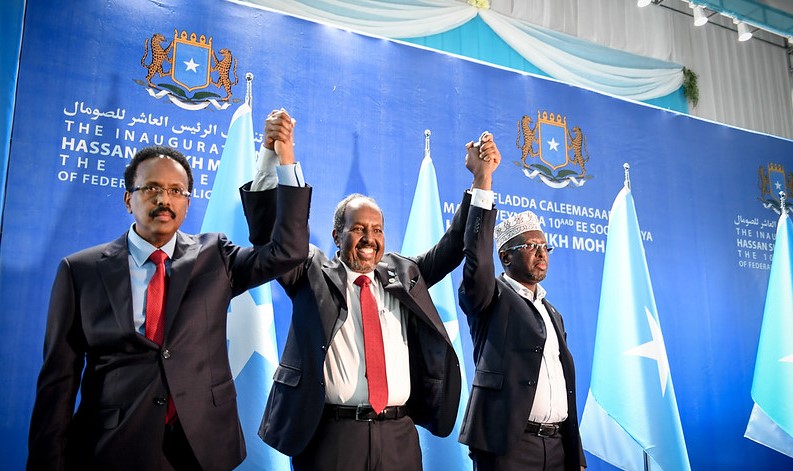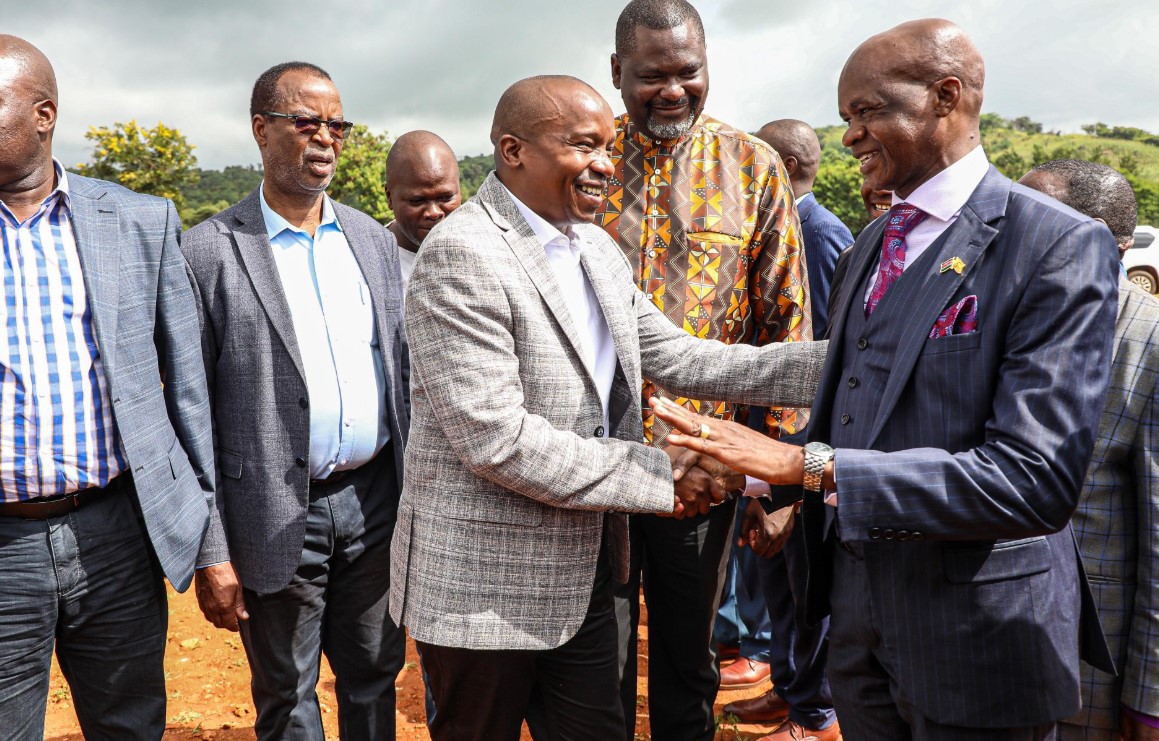South Sudan needs Sh56.7 billion for 2026 elections -Minister
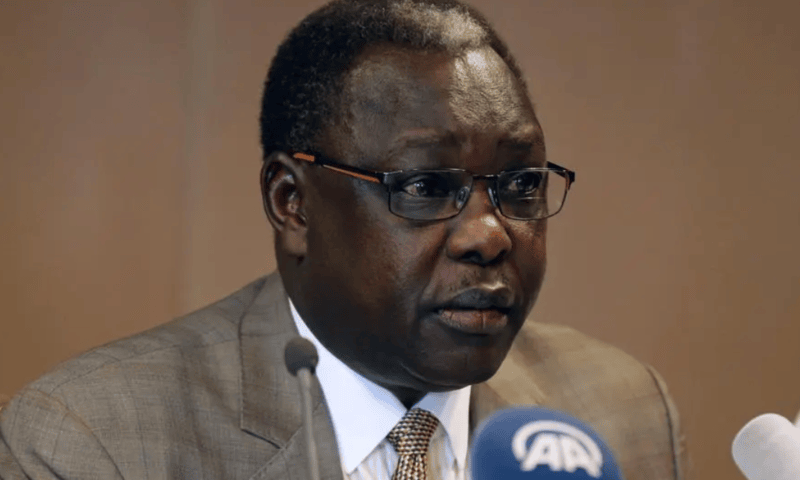
Despite the hefty budget, Lomuro reassured that the High-Level Standing Committee would continue engaging institutions to bring the figure down to a more manageable level.
The government of South Sudan needs over $440 million (Sh56.7 billion) to conduct the general elections slated for December 2026, a top official revealed in Juba.
The disclosure came from Cabinet Affairs Minister Martin Elia Lomuro during an extraordinary meeting of the Reconstituted Joint Monitoring and Evaluation Commission (RJMEC) on Wednesday.
More To Read
- Salva Kirr calls for unity in South Sudan, urges opposition to return to Nairobi Tumaini Initiative peace talks
- Kenyan truck drivers reject deal, prolonging standoff at South Sudan border
- Gunfire in South Sudan capital as forces attempt to arrest former intelligence chief
- Salva Kiir: South Sudan’s president fought for independence, but then fuelled division, violence
Lomuro stated that South Sudanese parties to the 2018 peace agreement had agreed to fund the elections.
Despite the hefty budget, Lomuro reassured that the High-Level Standing Committee would continue engaging institutions to bring the figure down to a more manageable level.
“All funds allocated for election purposes will be fully accounted for,” Lomuro emphasised. “We will enforce strict and timely accountability measures in managing the finances and are confident we can secure assistance from the community for a positive outcome.”
The minister mentioned that some funding had already been provided to the Political Parties Council and National Security Commission, while the Bureau of Statistics needs $100 million to conduct the census.
The Political Parties Council, he added, has received $5 million out of the more than $33 million required.
Last week, the parties to South Sudan’s peace agreement extended the transitional period for another 24 months, postponing the general elections that were initially set for December 22, 2024.
A similar extension was granted in August 2022.
Commenting on the extension, US Ambassador to South Sudan, Michael J. Adler, remarked that it marked a “failure” of the country’s leaders to create the necessary conditions for free, peaceful, and inclusive elections.
